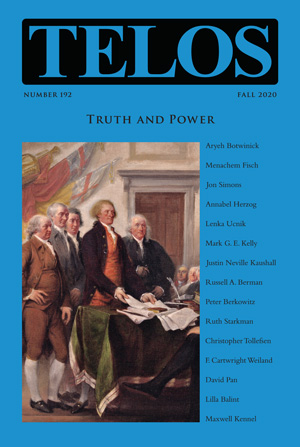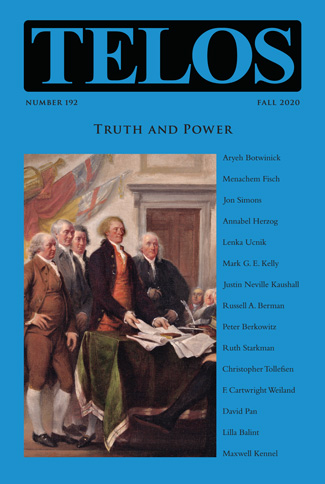 Last week I attended a conference on “AI and the Law, on the Battlefield and in Cyberspace” organized by Academic Exchange and the Strauss Center for International Security and Law at the University of Texas, Austin. During the conference we received some updates about the situation in Israel and the Israeli efforts to comply with international law in their war against Hamas. Using rules of engagement and battlefield procedures similar to U.S. practices in Iraq and Afghanistan, the Israelis have been trying to balance their need to fight a terrorist enemy against legal and moral imperatives to protect noncombatants. Their approach contrasts sharply with the way Hamas attempts to both terrorize and murder Israelis on the one hand and to use Palestinians as human shields on the other hand. We might say that this is a “morally asymmetric” war because Hamas does not abide by any legal or moral scruples and in fact takes advantage of the fact that Israel does maintain such scruples in its own conduct. By placing its command posts and ammunition stores underneath civilian structures such as schools, mosques, and hospitals, Hamas, with the help of Iran, forces Israel to choose between pursuing its military goals and protecting civilians. The asymmetric military advantage that Hamas enjoys consists in the fact that it would be clearly useless for Israel to employ similar human shields because Hamas would have absolutely no hesitation in killing Israeli civilians.
Last week I attended a conference on “AI and the Law, on the Battlefield and in Cyberspace” organized by Academic Exchange and the Strauss Center for International Security and Law at the University of Texas, Austin. During the conference we received some updates about the situation in Israel and the Israeli efforts to comply with international law in their war against Hamas. Using rules of engagement and battlefield procedures similar to U.S. practices in Iraq and Afghanistan, the Israelis have been trying to balance their need to fight a terrorist enemy against legal and moral imperatives to protect noncombatants. Their approach contrasts sharply with the way Hamas attempts to both terrorize and murder Israelis on the one hand and to use Palestinians as human shields on the other hand. We might say that this is a “morally asymmetric” war because Hamas does not abide by any legal or moral scruples and in fact takes advantage of the fact that Israel does maintain such scruples in its own conduct. By placing its command posts and ammunition stores underneath civilian structures such as schools, mosques, and hospitals, Hamas, with the help of Iran, forces Israel to choose between pursuing its military goals and protecting civilians. The asymmetric military advantage that Hamas enjoys consists in the fact that it would be clearly useless for Israel to employ similar human shields because Hamas would have absolutely no hesitation in killing Israeli civilians.
|
In today’s episode of the Telos Press Podcast, Camelia Raghinaru talks with Jon Simons about his article “Divine Violence, Profane Peace: Walter Benjamin, Rabbis for Human Rights, and Peace in Israel–Palestine,” from Telos 192 (Fall 2020). An excerpt of the article appears here. If your university has an online subscription to Telos, you can read the full article at the Telos Online website. For non-subscribers, learn how your university can begin a subscription to Telos at our library recommendation page. Purchase a print copy of Telos 192 in our online store. Aryeh Botwinick’s “Negative Theology, Power, and the Israeli–Palestinian Conflict” appears in Telos 192 (Fall 2020): Truth and Power. Read the full article at the Telos Online website, or purchase a print copy of the issue in our online store. Individual subscriptions to Telos are available in both print and online formats. Telos 192 (Fall 2020): Truth and Power is now available for purchase in our store. Individual subscriptions to Telos are also available in both print and online formats.
First, there are natural scientific truths that even autocrats and totalitarians do not seek to deny, as they are the source of the technological tools that can support any attempt to maintain power. Here, there is certainly no conflict between truth and power. Not only does political power depend on technological achievement, but natural scientific facts cannot be covered up by lies and ideology for long. Consequently, political actors must pay attention to natural scientific and technical knowledge, even if they then instrumentalize it in different ways. |
||||
|
Telos Press Publishing · PO Box 811 · Candor, NY 13743 · Phone: 212-228-6479 Privacy Policy · Data Protection Copyright © 2025 Telos Press Publishing · All Rights Reserved |
||||




